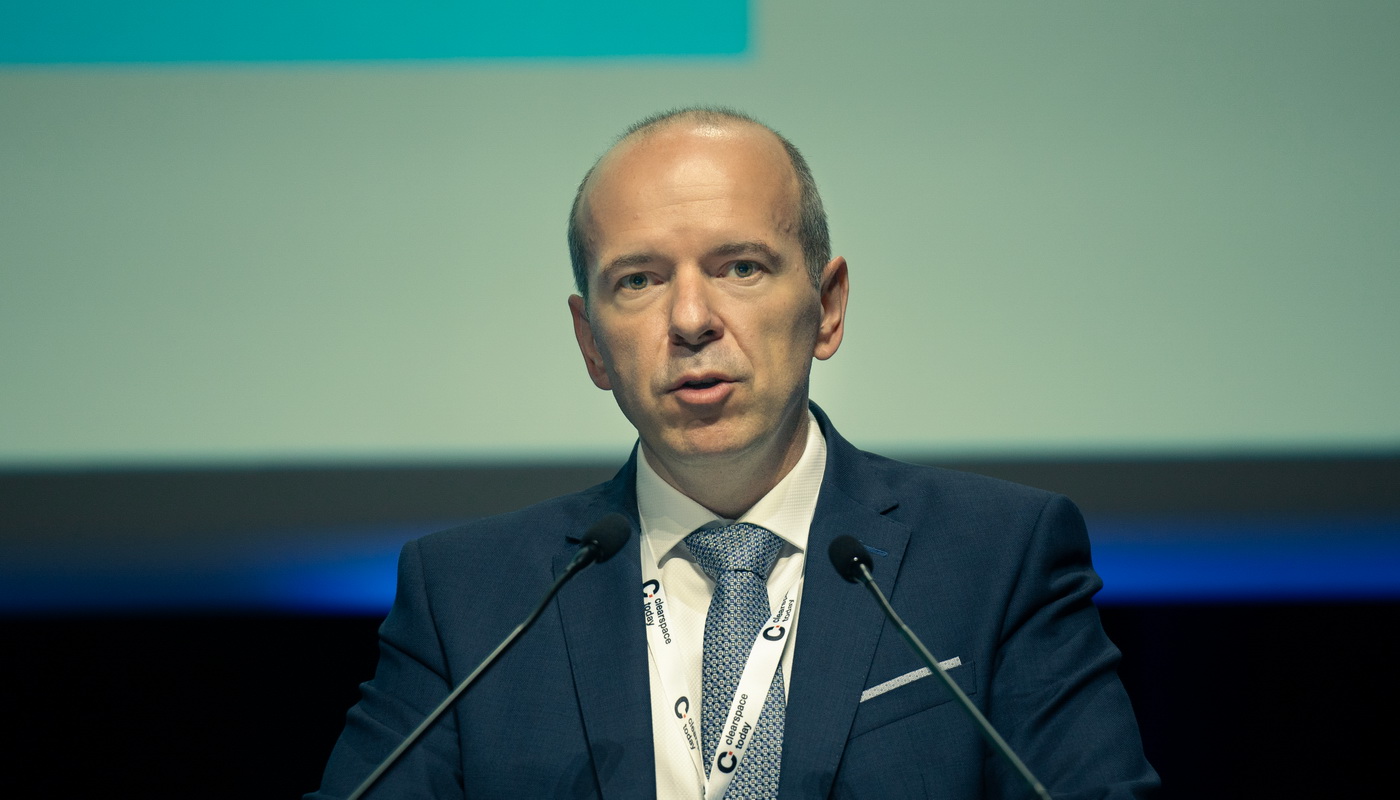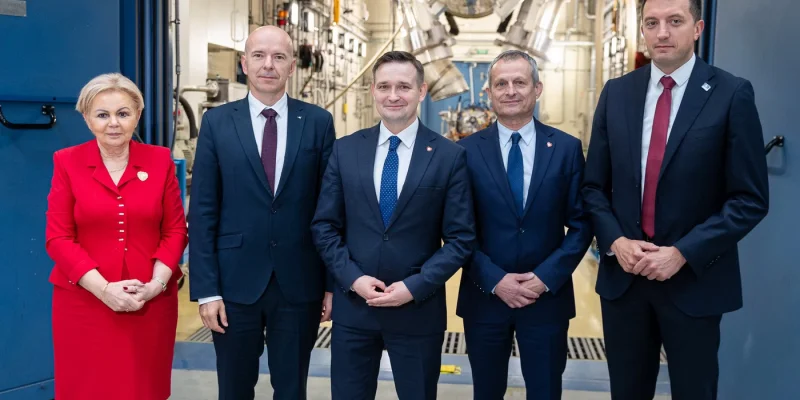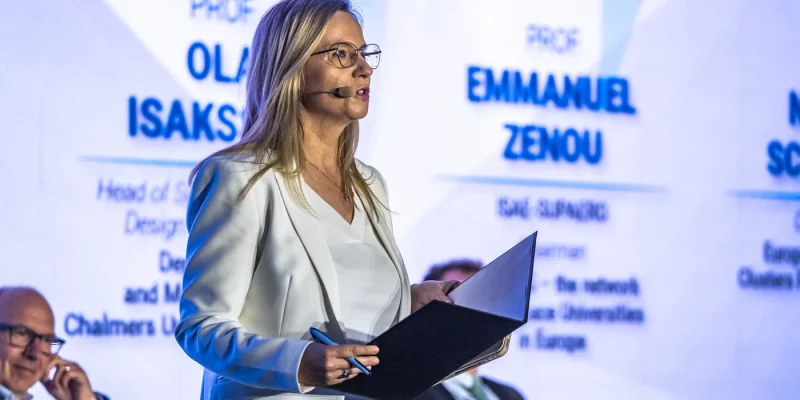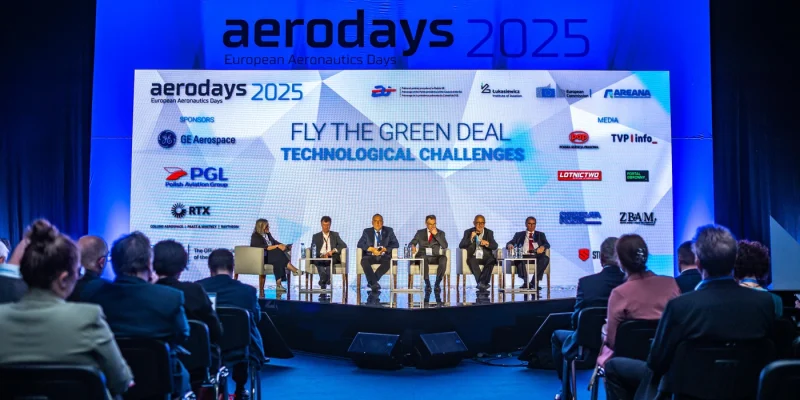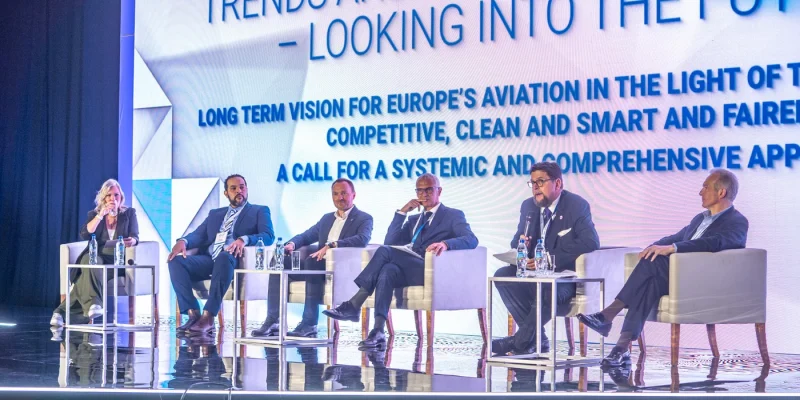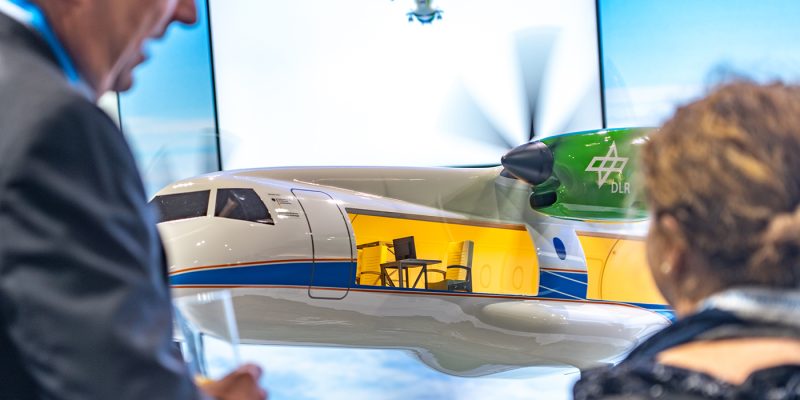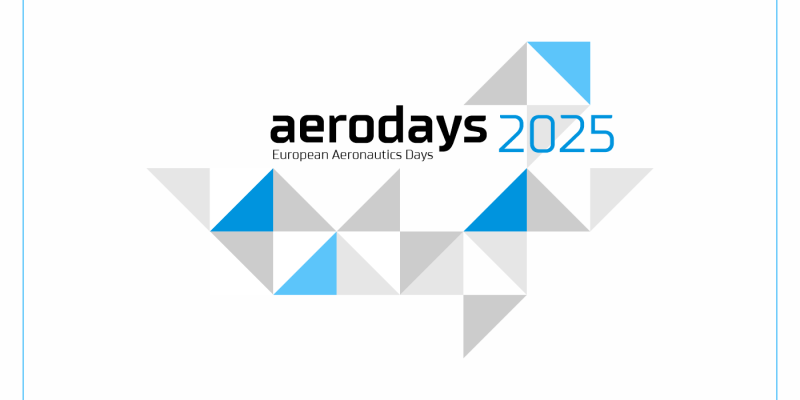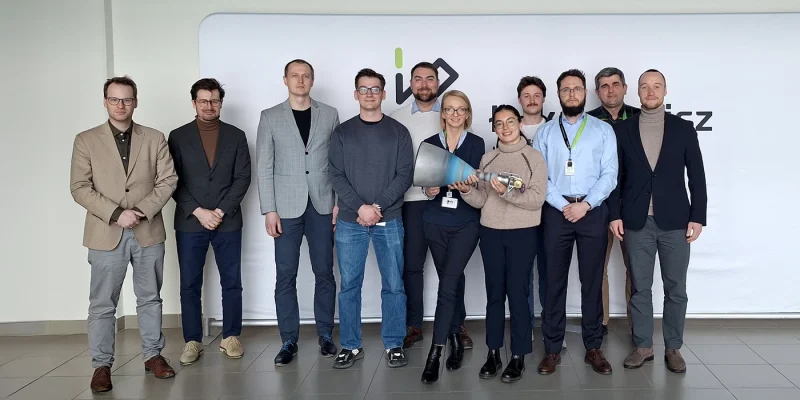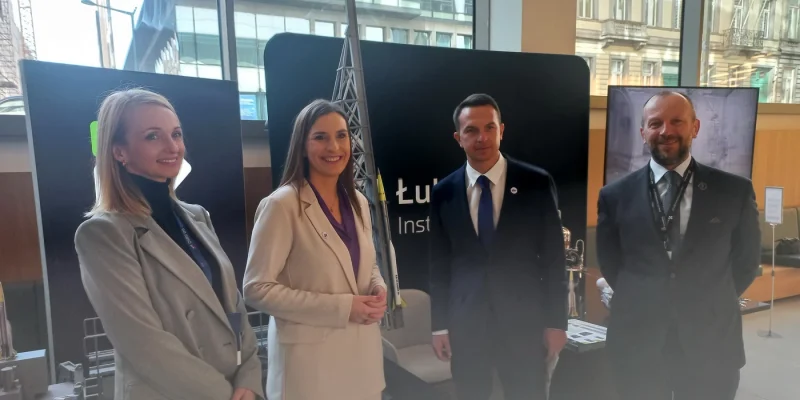Held every two years, the CEAS (Council of European Aerospace Societies) conference once again attracted the attention of engineers and industry experts from around the world. This prestigious event, which took place from 10 to 13 July 2023, was the 31st edition of the conference. Focusing on the latest advances in aerospace, CEAS 2023 proved to be a melting pot of groundbreaking research, innovative technologies and visionary ideas that will shape the future of aviation.
The subject of the conference covered all aspects of space aviation and aeronautics. From cutting-edge research in propulsion systems and materials science to discussions on sustainable aviation and space exploration, the event offered a holistic view of the current state of the industry and its future trajectory.
EREA’s key position for sustainable and innovative aviation
At this year’s plenary session, Dr. Eng. Paweł Stężycki, director of the Łukasiewicz – Institute of Aviation and chairman of the EREA association, spoke about the role of research institutes, using the example of the EREA association. Director Stężycki presented the organization’s mission, achievements and an ambitious vision for the future.
Central to EREA’s vision is its commitment to supporting Europe’s role as a world player in aeronautics. EREA’s chosen course is work for sustainable and innovative aviation. The association itself plays an important role in shaping the future of aerospace technology.
Director Stężycki discussed the key position of EREA in the research and innovation process. Positioning itself between universities and industry, EREA is operating at a key moment in development, integration and technology transfer.
The future of aviation according to the Future Sky initiative
In his speech, Director Stężycki drew attention to one of the most groundbreaking initiatives of EREA – Future Sky. This joint research initiative is fully dedicated to strategically identifying and developing key technologies and opportunities for a sustainable European air transport system. In line with ACARE’s “Fly the Green Deal” objectives, Future Sky aims to achieve climate-neutral aviation, prioritize a citizen-centric approach and strengthen Europe’s global competitiveness. Focusing on future aeronautical research and technological development, Future Sky’s ultimate goal is to provide a common European strategy for applied aviation research.
To support the Future Sky vision and broader research endeavors, EREA recognizes the vital role that technological infrastructures play. In cooperation with the European Commission, EREA aims to establish the Aviation Research and Technology Infrastructure (ARTI). ARTI intends to harmonize and co-invest in basic aviation research infrastructure at European level. By encouraging cooperation and support from Member States, ARTI will pave the way for a technological revolution in the aerospace industry.
Concluding his speech, Director Stężycki emphasized the unique role of EREA as a bridge between academia and industry. Operating at the European level, EREA ensures that the needs of both sectors are met as well as the efficient development, validation and transfer of state-of-the-art technologies. The organization’s research facilities not only contribute to Future Sky’s multidisciplinary excellence, but also provide extensive opportunities for mid- and long-term research at lower Technology Readiness Levels (TRLs). This complementary work greatly enhances industrial demonstration activities.
_
The Łukasiewicz Research Network – Institute of Aviation is one of the most modern research facilities in Europe, with traditions dating back to 1926. The Institute closely cooperates with global tycoons of the aviation industry, such as: Boeing, GE, Airbus, Pratt & Whitney, and institutions from the space industry, including the European Space Agency. Strategic research areas of the Institute are aviation, space and unmanned technologies. It also provides research and services for domestic and foreign industries in the field of materials, composite, additive, remote sensing, energy and oil&gas technologies. More: ilot.lukasiewicz.gov.pl/en/
The Łukasiewicz Research Network offers businesses attractive, broad and competitive technological solutions. Łukasiewicz provides a unique “challenge system” powered by a group of 4,500 scientists, who take up a business challenge and present the entrepreneur with potential solutions. At the same time, it provides access to cutting-edge capabilities and unique scientific infrastructure in the country. Most importantly – the entrepreneur does not bear the cost of preparing the conception of the research works. Łukasiewicz conveniently meets the expectations of the business. The entrepreneur can contact Łukasiewicz through an online form on our website https://lukasiewicz.gov.pl/en/business/ but also directly in over 50 locations of Łukasiewicz Institutes and their branches throughout Poland. Each site provides the same, high quality, product or service. Łukasiewicz focused on research areas such as: Health, Smart and Clean Mobility, Digital Transformation and Green and Low-emission Economy.


